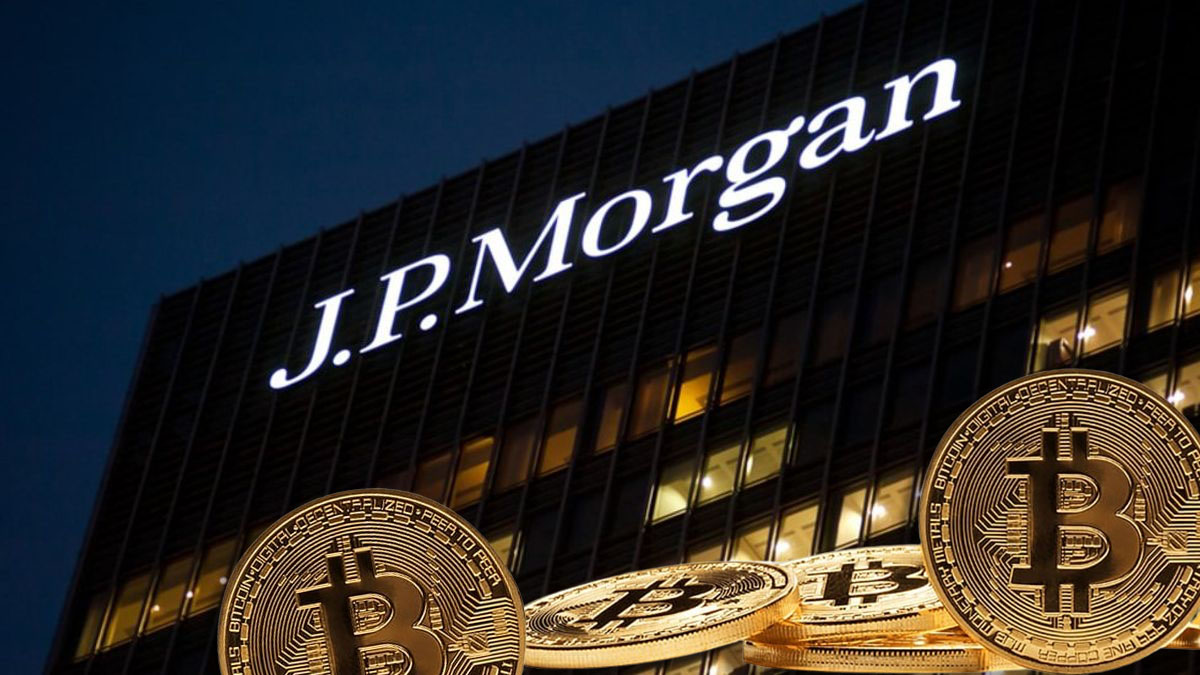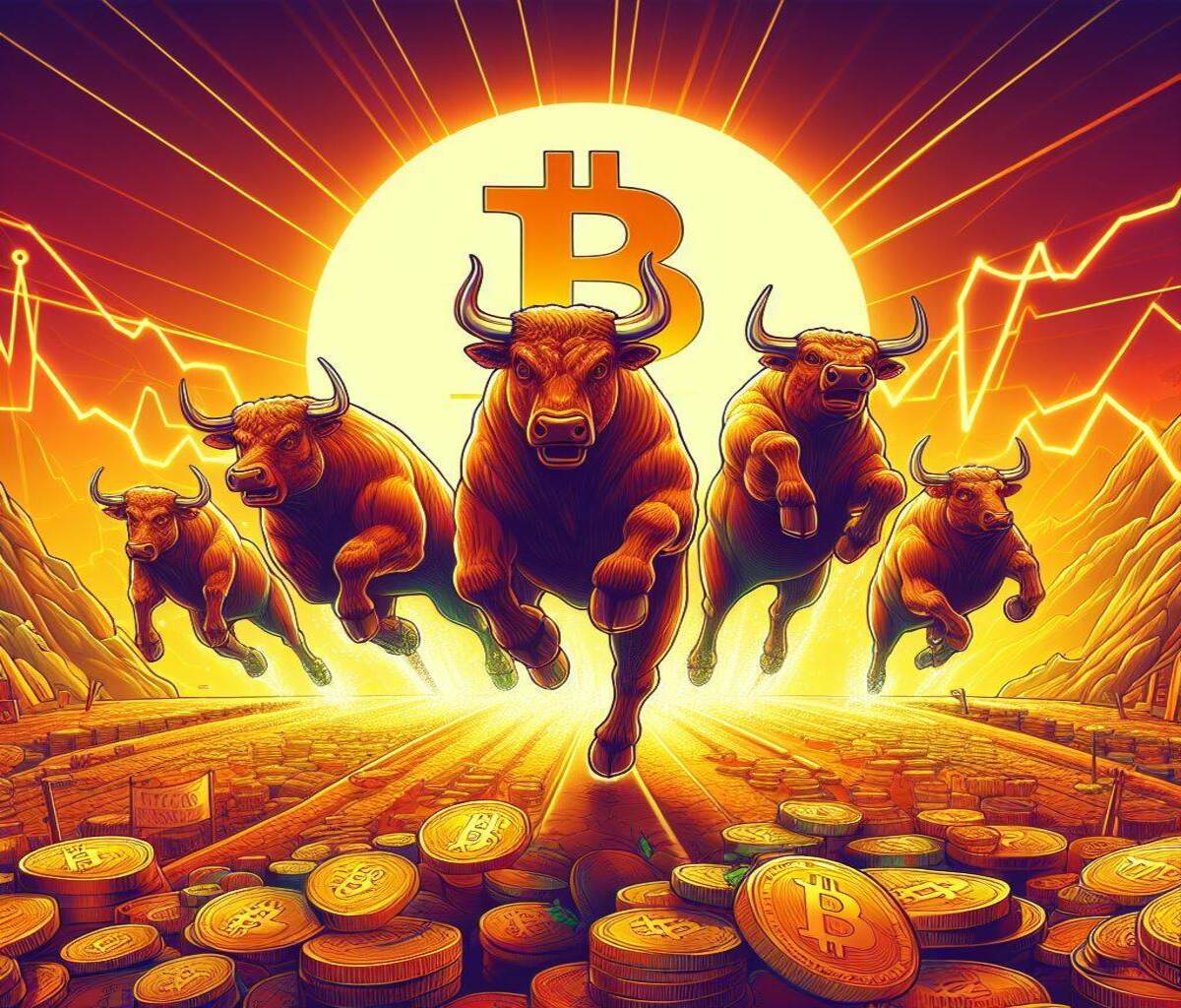|
Getting your Trinity Audio player ready...
|
Bitcoin (BTC) has seen significant price action over the past few years, reaching as high as $69,000 in 2021. However, investors who purchased Bitcoin between 2020 and 2022 remain largely unmoved, despite the impressive price gains. A recent study by on-chain analytics firm Glassnode, published on April 1, reveals that these investors are still holding onto their BTC, with many waiting for even higher prices.
Although the share of wealth held by investors who bought $BTC 3–5 years ago has declined by 3 percentage points since its November 2024 peak, it remains at historically elevated levels. pic.twitter.com/3VhWKvlAm8
— glassnode (@glassnode) April 1, 2025
According to Glassnode’s findings, Bitcoin investors who entered the market between 2020 and 2022 have maintained their positions, despite the impressive price rise from the $3,600 lows of 2020 to the highs seen in 2021. The cohort, whose cost basis falls between these price points, continues to hold a significant portion of Bitcoin’s supply.
While the share of wealth held by this group has dropped by 3 percentage points since November 2024, it remains at historically high levels, Glassnode reports. The firm’s Realized Cap HODL Waves metric, which tracks when coins last moved on-chain, shows that most investors from this group are still in possession of their Bitcoin.
Short-Term Holders currently hold around 40% of #Bitcoin's network wealth, after peaking near 50% earlier in 2025. This remains significantly below prior cycle tops, where new investor wealth peaked at 70–90%, suggesting a more tempered and distributed bull market so far. pic.twitter.com/G6se9dcyBW
— glassnode (@glassnode) March 31, 2025
In contrast, investors who bought Bitcoin 5–7 years ago have largely exited their positions by the December 2024 peak, reflecting their lower cost basis. This marks a clear distinction between long-term holders and newer investors who bought into Bitcoin’s 2020-2022 rally.
Despite the surging prices, Bitcoin’s more speculative short-term holders (STHs) have shown greater sensitivity to price volatility. Glassnode highlights that STH participation remains subdued compared to prior market cycles, with short-term holders currently controlling around 40% of Bitcoin’s network wealth. This level is significantly lower than the 70–90% seen during previous bull market peaks, indicating a more tempered and distributed market in the current cycle.
Also Read: GameStop’s $1.5B Bitcoin Investment Sparks GME Stock Surge: What’s Next?
As the market continues to evolve, the persistence of long-term holders suggests that Bitcoin’s current bull market could be more sustainable, with less speculative frenzy and greater conviction among investors.
Disclaimer: The information in this article is for general purposes only and does not constitute financial advice. The author’s views are personal and may not reflect the views of Chain Affairs. Before making any investment decisions, you should always conduct your own research. Chain Affairs is not responsible for any financial losses.
I’m a crypto enthusiast with a background in finance. I’m fascinated by the potential of crypto to disrupt traditional financial systems. I’m always on the lookout for new and innovative projects in the space. I believe that crypto has the potential to create a more equitable and inclusive financial system.




